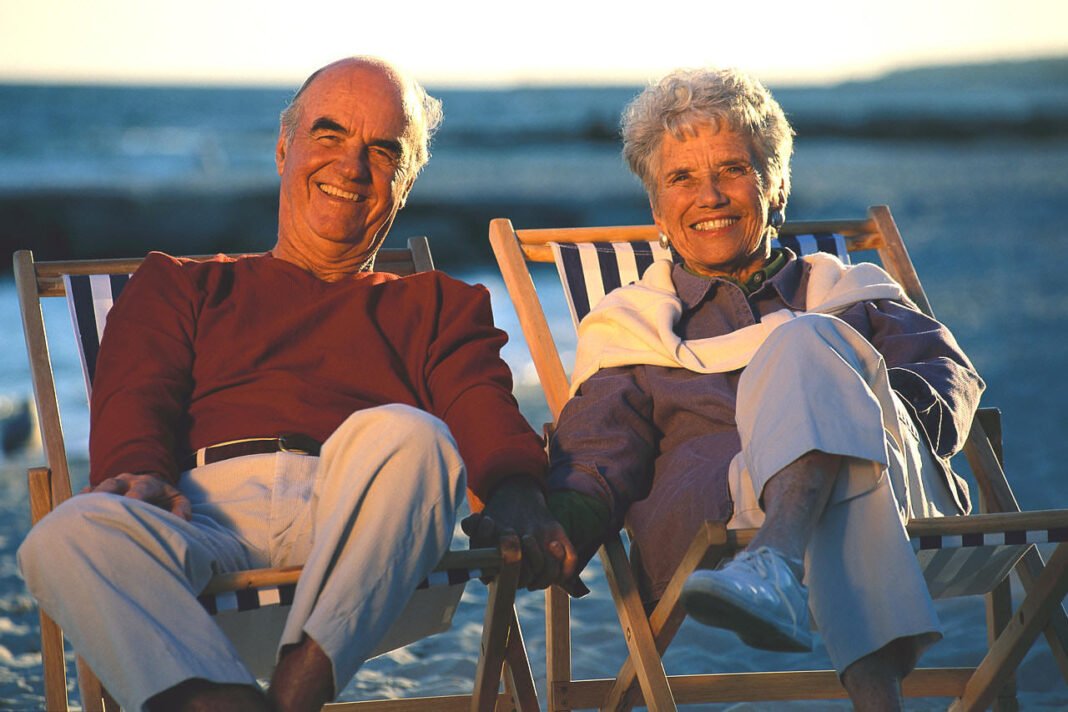Introduction
As the temperature rises with the onset of summer, it’s crucial to ensure that elderly parents are well-prepared to handle the heat. Older adults are at a higher risk of heat-related health issues, making it essential to take proactive steps to protect their well-being during hot weather. This article provides practical tips to help you prepare your elderly parents for the hot summer days and keep them safe and comfortable.
Understanding Heat-Related Risks for the Elderly
Heat-Related Health Issues
Hot weather can lead to serious health problems such as heat exhaustion, heatstroke, and dehydration. Heat exhaustion may cause symptoms like heavy sweating, weakness, dizziness, and nausea, while heatstroke is a more severe condition with symptoms like confusion, rapid pulse, and loss of consciousness. Dehydration, which can occur when the body loses more fluids than it takes in, exacerbates these risks.
Why the Elderly are at Higher Risk
Older adults are particularly vulnerable to heat-related health issues due to factors such as decreased ability to regulate body temperature, chronic health conditions, and medications that may affect hydration levels. Reduced mobility and sensory perception also contribute to their increased risk.
Ensuring Proper Hydration
Importance of Hydration
Hydration is crucial in hot weather to prevent dehydration and maintain overall health. Adequate fluid intake helps regulate body temperature and supports vital bodily functions.
Tips for Encouraging Fluid Intake
To ensure your elderly parents stay hydrated, keep water accessible throughout the day. Encourage them to drink regularly, even if they don’t feel thirsty. Offer hydrating foods such as fruits and vegetables, which can also contribute to their fluid intake. Set reminders if needed, and monitor their consumption to ensure they’re meeting their hydration needs.
Recognizing Signs of Dehydration
Watch for signs of dehydration, which can include dry mouth, dark urine, dizziness, and confusion. If you notice these symptoms, encourage them to drink fluids immediately and seek medical help if symptoms persist or worsen.
Managing Home Temperature
Cooling the Living Space
Keeping the living environment cool is essential. Use fans and air conditioning to regulate indoor temperatures, and close curtains or blinds to block out direct sunlight. Ensure proper ventilation by opening windows in the early morning or late evening when temperatures are cooler.
Creating a Comfortable Environment
Consider additional cooling methods such as cooling mats or ice packs to help reduce body temperature. Ensure that your elderly parents’ living space is comfortable and that any cooling devices are used safely to avoid potential hazards.
Safety Precautions
Regularly check that cooling devices are functioning correctly and safely. Ensure that fans and air conditioners are clean and free of obstructions to maximize their efficiency.
Dressing Appropriately for the Heat
Choosing the Right Clothing
Encourage your elderly parents to wear lightweight, loose-fitting, and breathable clothing made from natural fibers such as cotton. These fabrics allow for better air circulation and help keep the body cool.
Sun Protection
To protect their skin from sun exposure, advise wearing wide-brimmed hats, sunglasses, and applying sunscreen with a high SPF. These measures can prevent sunburn and reduce the risk of heat-related health issues.
Footwear and Accessories
Opt for comfortable and breathable footwear to prevent overheating. Accessories like hats and sun-blocking clothing can offer additional protection from the sun.
Planning Outdoor Activities
Timing and Duration
If outdoor activities are necessary, schedule them during the cooler parts of the day, such as early morning or late evening. Avoid outdoor activities during peak heat hours, typically between 10 a.m. and 4 p.m.
Monitoring Activity Levels
Encourage regular breaks and monitor for signs of heat distress. Ensure that any outdoor activities are done at a comfortable pace and that they stay hydrated throughout.
Keeping Active Indoors
Suggest low-impact indoor activities to stay active without the risk of overheating. Activities like gentle stretching, indoor walking, or seated exercises can provide physical benefits while staying cool.
Recognizing and Responding to Heat-Related Symptoms
Heat Exhaustion and Heatstroke
Be aware of symptoms of heat exhaustion and heatstroke, such as excessive sweating, dizziness, nausea, confusion, and a high body temperature. Take immediate action by moving to a cooler place, providing fluids, and seeking medical help if necessary.
When to Seek Medical Attention
If symptoms of heat-related illness persist or worsen, do not hesitate to contact a healthcare provider or seek emergency medical assistance. Prompt treatment is essential to prevent serious complications.
Building a Support System
Checking In Regularly
Regular check-ins are vital to ensure your elderly parents are coping well with the heat. Maintain communication to monitor their health and well-being and address any concerns promptly.
Community and Social Support
Utilize community resources and support networks to provide additional assistance. Local senior centers or community programs may offer cooling centers or other resources to help manage the heat.
Conclusion
Preparing elderly parents for hot summer days involves careful planning and proactive measures. By ensuring proper hydration, managing home temperatures, dressing appropriately, planning activities wisely, and recognizing heat-related symptoms, you can help protect their health and ensure they remain comfortable during the hottest months.
Call to Action
What strategies do you use to keep your elderly parents safe during hot weather? Share your tips and experiences in the comments below. Follow our blog for more advice on elder care and wellness to stay informed and prepared.

